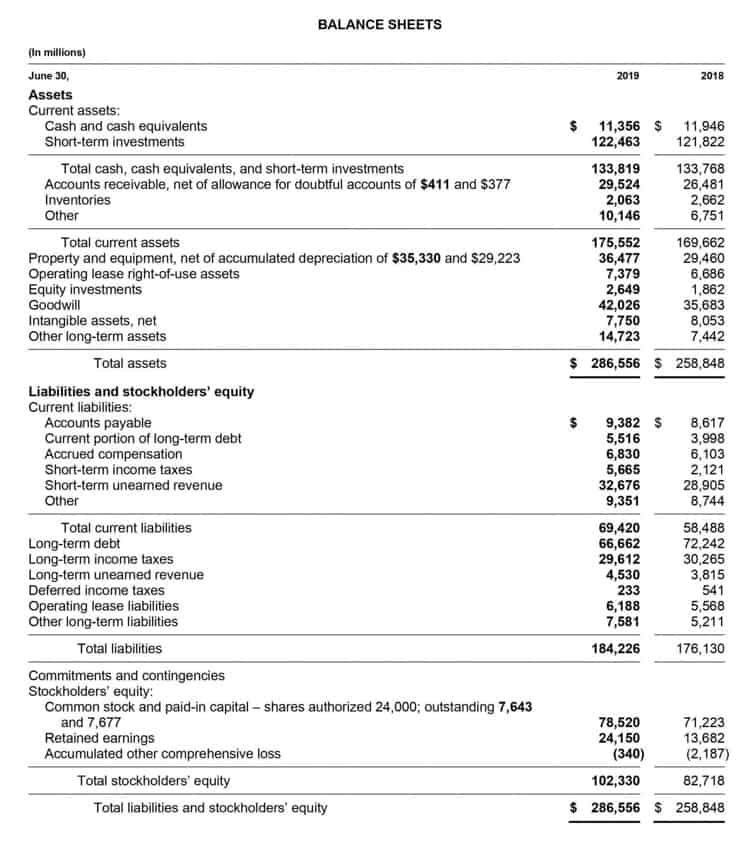
CFAs are certified professionals who specialize in investments and portfolio management. To become a CFA, individuals must pass three exams covering economics, ethics, quantitative methods, corporate finance, equity investments, and derivatives. Candidates must also have at least four years of relevant experience before receiving their certification designation. Private accounting usually involves working for an individual or organization on a contractual basis, providing advice and summaries of financial information that can aid decision-making. Private accountants may work independently or as part of an accounting firm or other business.
Public or Private? How to Choose Your Accounting Career Path
In general, because public accountants work with multiple clients, they must be able to analyze accounting systems and business functions to determine whether a business is running efficiently. Private accountants must have a deeper understanding of accounting transactions within their specific industry, including payroll, accounts payable, reporting and billing. Professionals in this field rarely worry about job security as the demand for their services is always high. Not only are businesses large and small in need of their services, but also government agencies require extensive financial reporting, which competent public accountants can only handle.
Education and certifications
- “The biggest thing you need to know about environments if you’re weighing public versus private accounting is the travel,” says Eric Butts, CPA and advisory manager at PricewaterhouseCoopers.
- Public accounting is a type of accounting that offers various financial services to external clients, such as auditing, tax preparation, and consulting.
- Becoming a CPA isn’t a requirement to work in private accounting, but passing the CPA exam could still benefit your career.
- Instead, you’ll be required to provide full disclosure to each client your employer accepts.
- Then after a few years they may advance to senior accountant positions and eventually assume management or even partnership roles at their firms.
- You may have to wait for a position to open up above you or move to a different company to get a promotion.
In fact, you might start comparing and contrasting public vs private accounting as potential career paths. In a versatile field like accounting, a number of different work what is public accounting opportunities arise for professionals. Below, we examine how the day-to-day and overall responsibilities of public accountants compare to those of private accountants.
What are the BIG Four Accounting Firms?

Even though your employer is a private accounting firm, its mission is to provide accounting services and again, transparency, to those clients and to the general public. Public accountants go through a bit more of a robust training regimen than private accountants. They are trained to know all aspects of, and how to prepare financial statements, such as a balance sheet. A public accountant will need to learn to take a holistic look at a client’s full financial profile when evaluating a company’s accounting systems. Essentially, a public accountant should be fully equipped to find all the evidence they need to determine whether a company is running effectively. In private accounting, the midpoint salary for a general accountant with one to three years of experience is $62,000.
Disclosure of Financial Information- The Drawbacks of Public Accounting

According to leading labor market analytics firm EMSI, jobs for accountants and auditors are expected to grow 5% by 2031. Private accounting jobs work well for individuals who desire a “home base” and who can communicate well with coworkers. Private accountants must also have the desire to specialize in a particular industry. As mentioned above, the list provides potential clients with just some examples out there amongst so many alternatives available, making it easier for them to find one that best suits their needs. At the same time, they embark upon the process of hiring an accountant/accounting firm suitable for them. Some examples of prominent forensic accounting firms include AlixPartners LP, Duff & Phelps Corporation, and Navigant Consulting Inc, among many others specializing in this domain area of practice.
A public accountant can find themselves working with individual people, the government, non-profit organizations, or businesses in a variety of industries. They work with a wide variety of clients—from individuals to corporations, and potentially even the government. They do their work wherever a client has space for them and they are often under the pressure of strict deadlines—which can lead to long workdays. Private accountants typically enter their positions with a bit more experience, sometimes coming from a public accounting firm.
Private accountants also attain a high level of industry specialization as they progress through their careers. From maintaining large portfolios for various clients and auditing financial statements to structuring mergers and acquisitions, public accountants have a wide range of experiences. Conversely, private accounting offers specialization in certain areas and a potential for more career stability due to the long-term nature of client relationships. As for public accountants, they have unpredictable work environments and schedules.
Everywhere you turn, people are making leaps into incredible, satisfying careers. Your friends are announcing new jobs on social media and your favorite blogs are constantly featuring stories of people who landed the job of their dreams. A private accountant will probably have knowledge that applies to a single sector. Diversity of thought, or cognitive diversity, encompasses varied perspectives and beliefs. Knowing which type of accounting is best for you will depend on factors such as size and documentation complexity; however, researching the various available options will likely lead you to the ultimate decision.

